We have all been in a classroom where the teacher was teaching something that could be seen as controversial. Whether it be sex education, drug education, or religion, it is not uncommon for teachers to let their opinions slip out when they are teaching. It could be something as blatant as a teacher stating his or her opinion, or it could be something as subtle as a teacher simply glossing over divisive material.
Teachers are given one of the hardest tasks in our society: to educate the people who will run the country in the future. Educating these young minds is a daunting task, and to make matters more difficult, there are some controversial topics that can be challenging for teachers to teach without fear of offending people. However, these topics are some of the most important things for students to be informed about.
In our information age, it is now easier and more important than ever for people to be informed about almost every topic. If students are not given at least a rudimentary background about taboo topics, then they will not be able to intelligently participate in discussions or debates about these topics. According to Twitter.com, 500 million tweets are sent per day. This amounts to about 5787 tweets being sent every second. With this massive popularity of social media, the exchange of ideas has become much more pervasive and rapid, thus exposing students to far more ideas. These topics can range from tame to very controversial, but students must learn about both.
While teachers should not stray away from these taboo topics, they also must not allow their own opinions to affect how they teach the curriculum. We understand that teachers are people too, but they need to attempt to be as impartial as they can in order to not bias a student’s opinion since teachers have a large impact on how students learn. According to an experiment conducted by Robert Rosenthal, a professor of psychology at the University of California Riverside (UCR), a teacher’s expectations of his students influence influences how the students perform. Likewise, a teacher’s opinion can influence students’ opinions.
We have all been taught things by our family, peers and the media as we have grown up. So, students already have many preconceived notions regarding particular topics. There are certain standards in the curriculum that students have already been socialized to agree or to disagree with. Although students may disagree with some of the ideas taught in school, this shouldn’t affect a teacher’s ability to do his job.
Teachers are only supposed to teach what is in the curriculum, and despite their possible misgivings about the material, they ultimately must do their job without bias. Of course, if they can only teach what is mandated in the curriculum, then how are students going to be exposed to different ideas? Education is ultimately the responsibility of the student, but teachers can still facilitate discussions. For example, according to Indiana Code 20-10.1-4-11, schools must “teach abstinence from sexual activity outside of marriage as the expected standard for all school age children.” While this is what teachers are supposed to teach, they should also allow discussion of different opinions. So, students who disagree with certain parts of the curriculum have the opportunity to explore the topic and find out what they believe.
We understand that with the standards-based curriculum we currently have, teachers must adhere strictly to what the curriculum states. However, teachers should not simply gloss over or ignore topics that seem taboo or controversial. They should do their best to address these topics and give students the most information that they can. Students then must be responsible for furthering their own education and doing their own research in order to become more informed about the topic. If we all play our part, then we will be able to change simple, ignorant disagreement into intelligent, educated discourse.















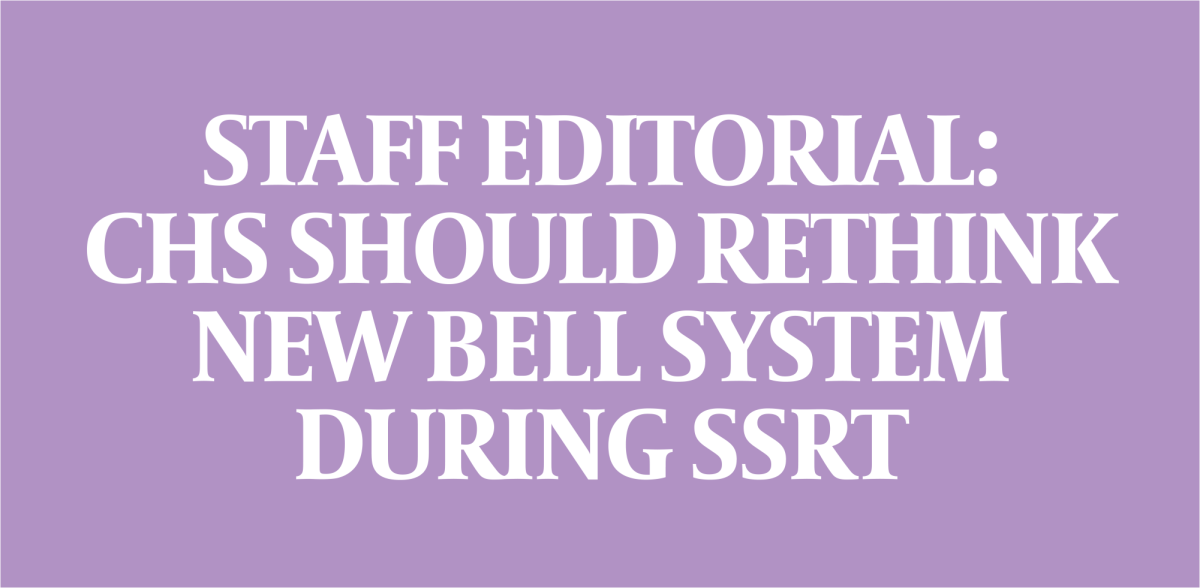
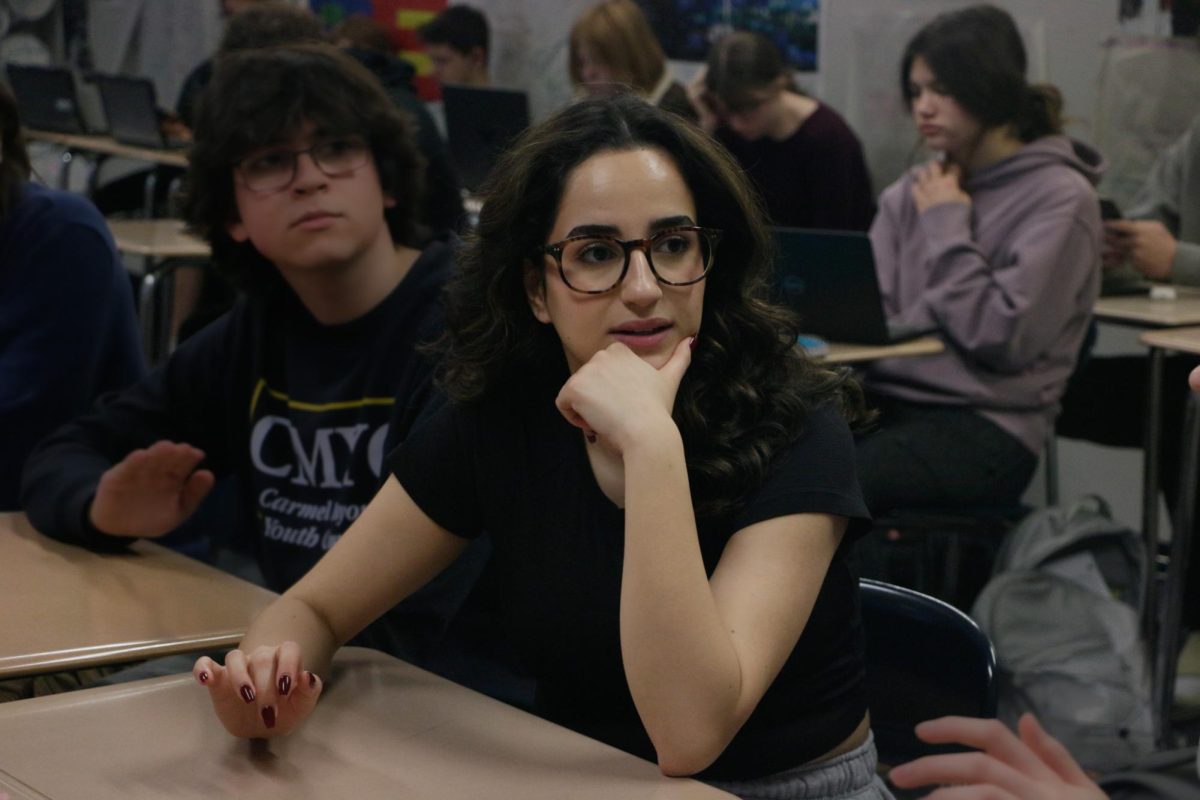



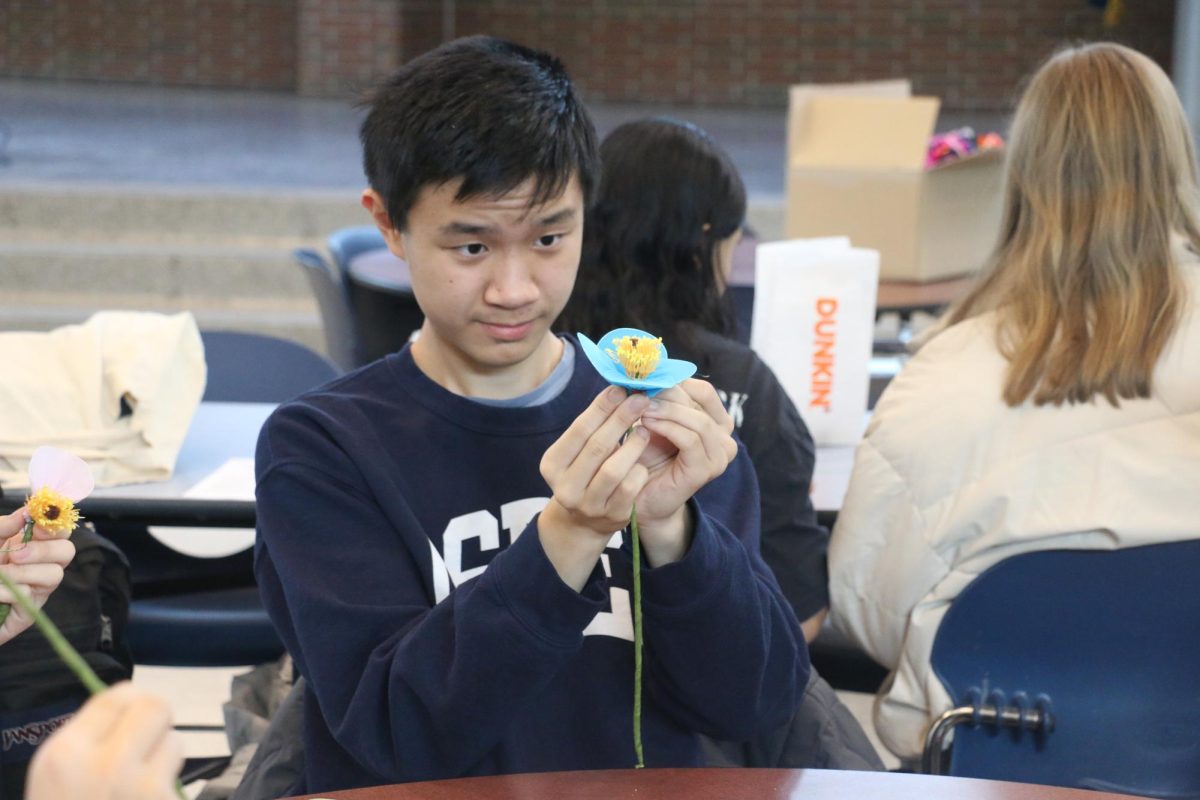




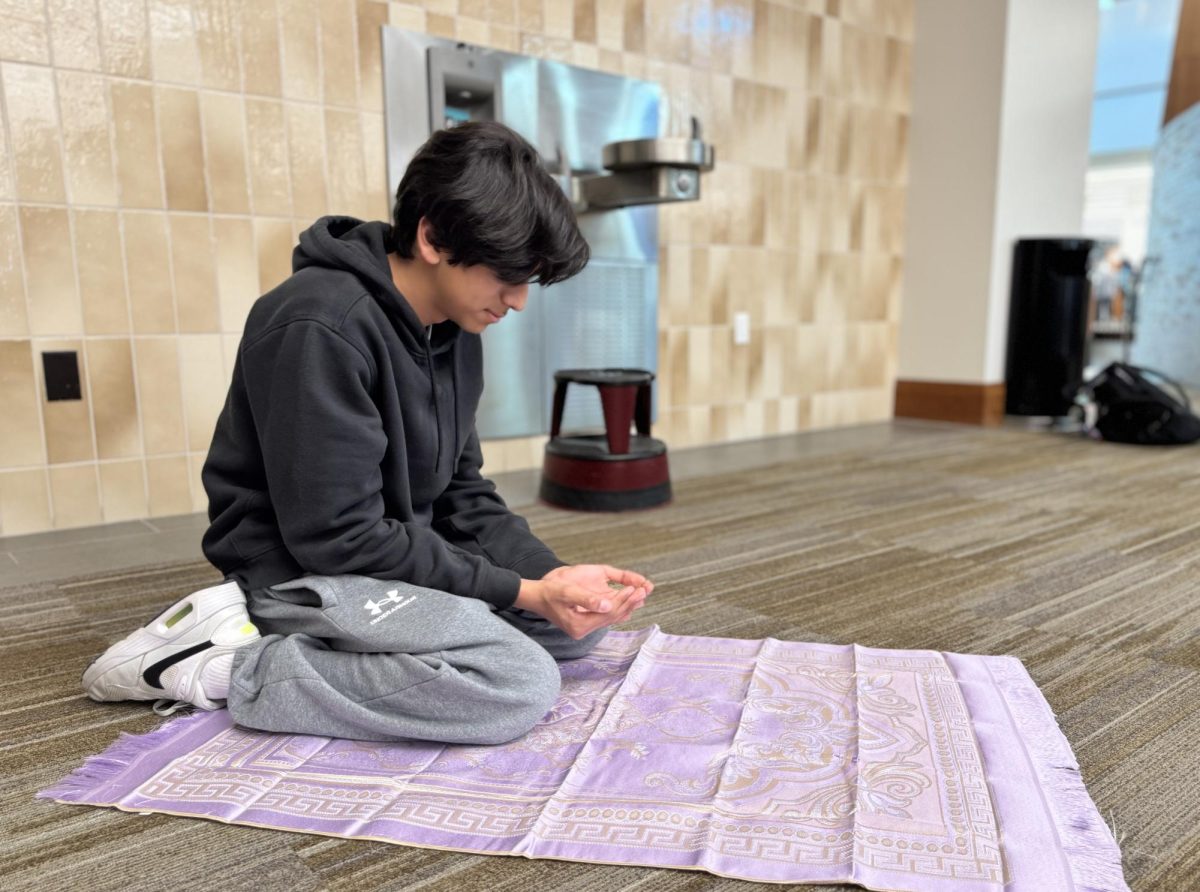





![AI in films like "The Brutalist" is convenient, but shouldn’t take priority [opinion]](https://hilite.org/wp-content/uploads/2025/02/catherine-cover-1200x471.jpg)


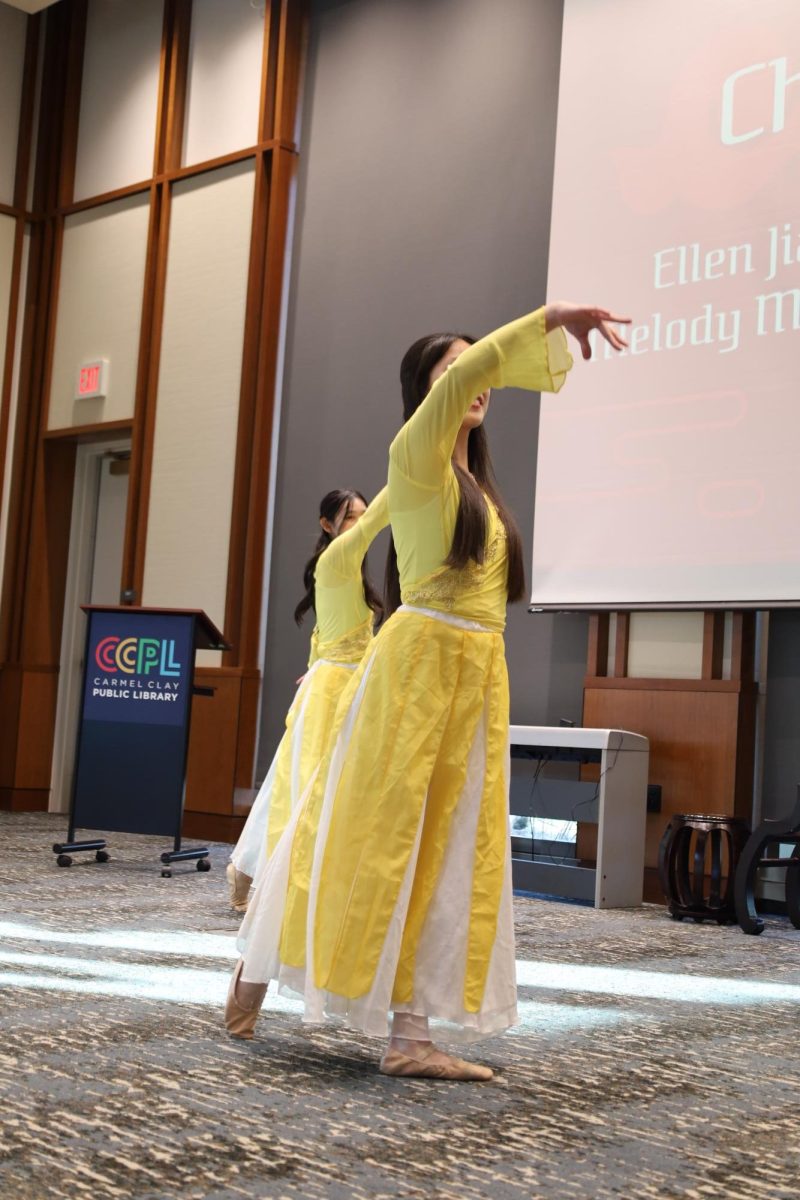










































![Review: “The Immortal Soul Salvage Yard:” A criminally underrated poetry collection [MUSE]](https://hilite.org/wp-content/uploads/2025/03/71cju6TvqmL._AC_UF10001000_QL80_.jpg)
![Review: "Dog Man" is Unapologetically Chaotic [MUSE]](https://hilite.org/wp-content/uploads/2025/03/dogman-1200x700.jpg)
![Review: "Ne Zha 2": The WeChat family reunion I didn’t know I needed [MUSE]](https://hilite.org/wp-content/uploads/2025/03/unnamed-4.png)
![Review in Print: Maripaz Villar brings a delightfully unique style to the world of WEBTOON [MUSE]](https://hilite.org/wp-content/uploads/2023/12/maripazcover-1200x960.jpg)
![Review: “The Sword of Kaigen” is a masterpiece [MUSE]](https://hilite.org/wp-content/uploads/2023/11/Screenshot-2023-11-26-201051.png)
![Review: Gateron Oil Kings, great linear switches, okay price [MUSE]](https://hilite.org/wp-content/uploads/2023/11/Screenshot-2023-11-26-200553.png)
![Review: “A Haunting in Venice” is a significant improvement from other Agatha Christie adaptations [MUSE]](https://hilite.org/wp-content/uploads/2023/11/e7ee2938a6d422669771bce6d8088521.jpg)
![Review: A Thanksgiving story from elementary school, still just as interesting [MUSE]](https://hilite.org/wp-content/uploads/2023/11/Screenshot-2023-11-26-195514-987x1200.png)
![Review: "When I Fly Towards You", cute, uplifting youth drama [MUSE]](https://hilite.org/wp-content/uploads/2023/09/When-I-Fly-Towards-You-Chinese-drama.png)
![Postcards from Muse: Hawaii Travel Diary [MUSE]](https://hilite.org/wp-content/uploads/2023/09/My-project-1-1200x1200.jpg)
![Review: "Ladybug & Cat Noir: The Movie," departure from original show [MUSE]](https://hilite.org/wp-content/uploads/2023/09/Ladybug__Cat_Noir_-_The_Movie_poster.jpg)
![Review in Print: "Hidden Love" is the cute, uplifting drama everyone needs [MUSE]](https://hilite.org/wp-content/uploads/2023/09/hiddenlovecover-e1693597208225-1030x1200.png)
![Review in Print: "Heartstopper" is the heartwarming queer romance we all need [MUSE]](https://hilite.org/wp-content/uploads/2023/08/museheartstoppercover-1200x654.png)

